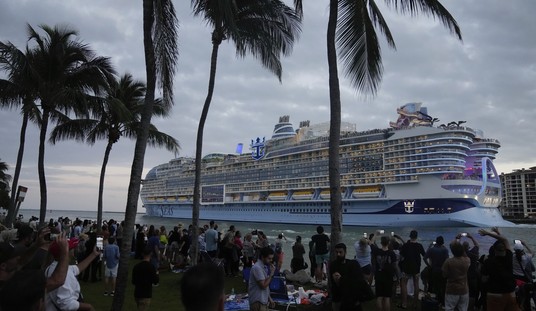John Stossel has a provocative piece over at Reason entitled “There’s nothing mysterious about the market.” He offers several examples demonstrating how the market provides services which many assume can only be offered by government.
One example which stands out, particularly for folks living in California these days, is water utilities. Stossel echoes what we’ve said here before. We have water shortages because of government, not in spite of it.
“Water shortages are manmade,” says [economist Zachary] Donohew. “We don’t send the right signal to indicate how valuable it is, and we don’t make it easy to move water from one use to the other.”
In most of America, taxpayers pay for reservoirs and aqueducts, but water sent to consumers, farmers, etc., is practically “free.” So people waste it. But if the price were allowed to rise to reflect its scarcity, everyone would economize. You might decide you need to cook but not wash your car. Important activities like agriculture would continue, but farmers might grow grapes instead of oranges, because oranges need so much water.
Decisions like that happen naturally when markets set prices. A price is more than money—it’s information. It tells people what is valuable. Then people adjust.
Critics of the market focus on one side of the transaction. They see a consumer in a bad situation having to pay higher prices for an essential product. They call that “gouging.” On the other side of the transaction is someone providing that essential product who might not otherwise do so.
The choice thus presents itself between higher prices for a needed product and shortages of that product. Would you rather pay a lot for something you need, or not have it at all? The anti-gougers impose the latter, and that’s why Californians now live under water restrictions.








Join the conversation as a VIP Member